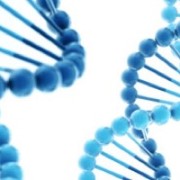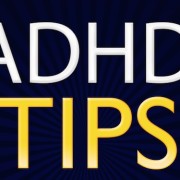Heritability of ADHD
ADHD very clearly runs in families. In fact, over 25% of immediate family members (mothers, fathers, siblings) of children with ADHD also have ADHD. Studies with twins also confirm the heritability of ADHD. If one identical twin has ADHD, there is a 75-90% risk that the other twin will have ADHD as well. For fraternal twins, the risk is less profound, but still 6 to 10 times greater than among unrelated children.
Genes contribute much more greatly to ADHD than do environmental factors. The number of genes involved in inheriting ADHD is still unclear as scientists continue to study the human genome. Thus far, specifically, 9 genes may be related to ADHD. The DRD4 gene is often longer in people with ADHD. This gene is related to novelty seeking, which means that the person requires more dopamine in order to be stimulated. Therefore, the person with a long DRD4 gene may be more likely to take risks, act impulsively, and experience restlessness. The DAT1 gene may also contribute to symptoms of ADHD. This gene is also longer in people with ADHD and helps control dopamine levels in the body.
Parents should not feel blame or accept blame from others for their child’s genetically inherited disorder. Like inheriting the genes for height or eye color, this is something that is out of a parent’s control.
Contact Dr. Gordon for help with your ADHD. We have treatment and solutions available online, by phone, and in our offices.
written by: Brianna Malinowski, Jay Gordon, Ph.D
Barkley, R. A. (2013). Taking charge of ADHD: The complete, authoritative guide for parents (3rd ed.). New York: The Guilford Press.
Picture retrieved on August 3, 2015 from: https://www.michaeljfox.org/foundation/news-detail.php?nih-finds-genes-that-may-be-new-parkinson-therapy-targets







